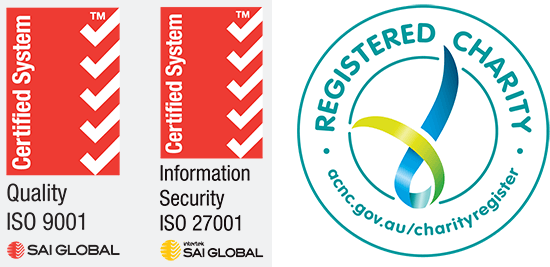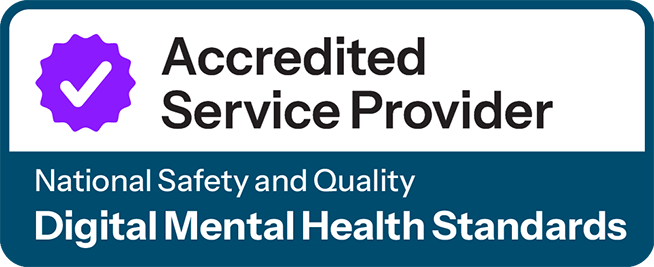Date
Cost
Available to
Continuing Professional Development
4
Shared maternity care GPs have an essential role in the care of patients with GDM. In this session, we will discuss how to identify women at risk of diabetes in pregnancy, deliver appropriate advice for women on risk minimisation, and provide support and treatment. Care of pregnant women above and below healthy weight. Weight and nutritional issues in pregnancy are common and vary in presentation. Each issue has its own potential to cause pregnancy complications. Changes to pre-pregnancy and early pregnancy care can reduce risk and improve life expectancy of offspring. In this webinar we will discuss weight issues including obesity, pregnancy after bariatric surgery and women suffering from eating disorders.
GDM in shared care
Shared maternity care GPs have an essential role in the care of patients’s with GDM. First trimester assessment of risk factors for hyperglycemia will be discussed, highlighting the importance of timely and appropriate referral to hospital. This session will provide guidance for the management of GDM in general practice with appropriate counselling and follow up. We will outline the importance of providing dietary advice and blood glucose monitoring with target values for fasting and postprandial blood glucose levels.
Postnatal education and support are imperative in preventing +/- delaying the onset of diabetes in future. Postnatal testing should be encouraged by the patient’s GP together with information on lifestyle interventions regarding weight gain during pregnancy. Maternal and fetal complications with uncontrolled GDM will be discussed at length, together with the benefits of breastfeeding and discussions of the risk of the baby developing diabetes, obesity and heart disease in future.
Care of pregnant women above and below healthy weight
Weight related issues are a common problem in pregnancy. Obesity, at all levels, imparts powerful effects on pregnancy including risk of diabetes, hypertensive disease, caesarean section, neonatal intensive care admission as well as a dramatic rise in stillbirth risk.
Secondly, due to the rise in obesity we subsequently see more women who have undergone bariatric surgery. These women are at risk of metabolic and nutritional derangements especially after malabsorptive procedures.
On the counter side there seems to be an increase in women suffering from eating disorders. These women often present this issue for the first time during early pregnancy, mainly due to the extra attention and monitoring of weight and eating habits. Although the risk of pregnancy complications is less compared to obesity, pregnancy does pose an opportunity for recovery and treatment.
Many of the interventions are simple and low risk and just require an understanding of the difference that can be made to outcomes. Many of the recommended measures need to be considered pre-pregnancy or in the first trimester. In the current model, most women don’t get seen in the antenatal clinic until well into the second trimester which is too late to make a difference. A coordinated and consistent approach pre-pregnancy, in early pregnancy and postnatally is likely to support increased adherence to risk mitigation strategies.
Speakers
Dr Suresh Varadarajan is the Head of Endocrinology at Northern Health and has special interests in obstetric endocrinology, especially in the management of diabetes, thyroid disorders and hypertension in pregnancy.
A/Prof Glyn Teale is the Clinical Services Director for Women’s and Children’s Services at The Joan Kirner Women’s and Children’s at Sunshine Hospital (Western Health) and a clinical associate professor at The University of Melbourne.
He is a clinically active obstetrician and gynaecologist with research interests in reducing stillbirths and the management of obesity in pregnancy. He is a member of The Consultative Council on Obstetric and Paediatric Mortality and Morbidity and two of its subcommittees: The Neonatal Death Subcommittee and The Maternal Mortality and Morbidity Subcommittee. He was formally the Chair of the Safety and Quality Committee and the Clinical Lead for the Maternity and Newborn Clinical Network Maternity and Newborn Program, at the Victorian Department of Health and Human Services.
In response to the increasing percentage of women with extreme obesity seeking antenatal care at Western Health, Glyn established the DIAMOND Antenatal clinic in 2016. This dedicated multidisciplinary clinic supports women with BMI over 50 to achieve safe pregnancy outcomes and was awarded a person-centred care award in 2017.
Learning outcomes:
By the end of this session, you will be able to manage GDM in shared care by:
- identifying risk factors for first trimester testing for hyperglycemia
- discussing with patients the risks associated with GDM, to provide support and management during pregnancy
- performing postpartum follow up for women with GDM and life style intervention for prevention of diabetes.
You will also be able to manage care of pregnant women above and below healthy weight by:
- better understanding complications that women with weight related issues (obesity, pregnancy after bariatric surgery, eating disorders) face in pregnancy
- understanding the adjustments to the care and advice to be provided to these women before/in early pregnancy
- routinely considering the need to discuss pregnancy risk with women and offering advice on risk mitigation.





